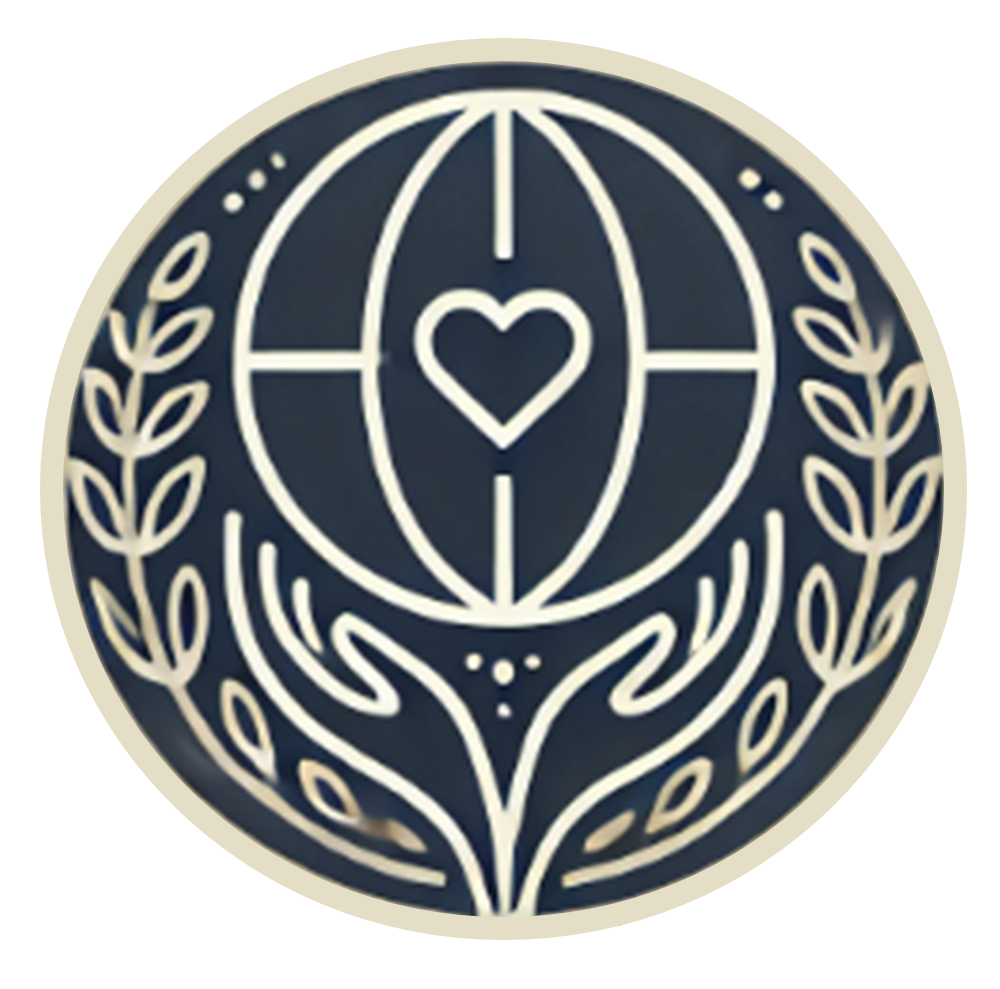Share on Facebook Share on X
December 1, 2024
I grew up believing in the idea of American exceptionalism. The U.S. was always the good guy—standing up for freedom, protecting the innocent, and championing democracy worldwide. That’s what I was taught, what I saw on the news, and what I believed without question.
To me, foreign policy seemed simple: we were the heroes, and everyone else needed saving. It was comforting to think of the world in such clear-cut terms. Good versus evil. Right versus wrong. Us versus them.
But as I grew older and paid closer attention to the actions—not just the words—of our leaders, a different picture began to emerge. I started seeing the complexities behind international conflicts, the unintended (or sometimes very intended) consequences of our policies, and the ways we’ve poked at the so-called “bad guys,” often creating even bigger problems.
It was hard to reconcile my childhood belief in our moral high ground with the realities of drone strikes, regime changes, and economic sanctions that hurt the most vulnerable. It became impossible to ignore that we weren’t always the heroes we claimed to be—and that sometimes, we were the bad guys.
This realization didn’t come easily. It’s uncomfortable to question the narrative you’ve been raised on. It’s painful to admit that what you once thought was noble might have caused more harm than good. But it’s also liberating. Because once you accept the complexity of the world, you can start thinking critically about how to make it better.
It’s a vision worth striving for—not just in words, but in actions that truly reflect the values we claim to stand for. The Humanity-First Doctrine is a call to bring that vision to life, step by step, policy by policy, guided by principles that put humanity first.
Additional Resources
Previous blog entry - Heartbreak
Next blog entry

